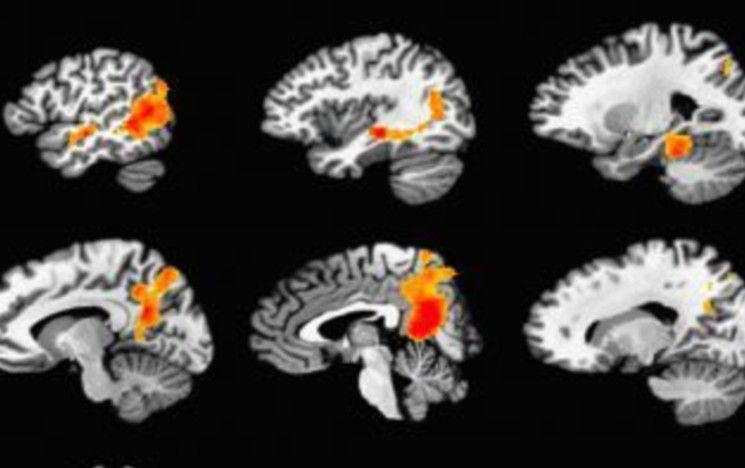
Chris Bird
Episodic memory
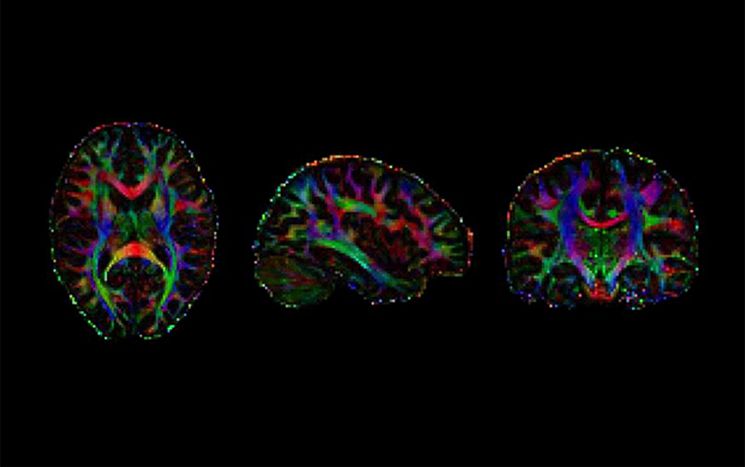
Our brains have vast stores of overlapping memories, so how do we recall the right thing at the right time? Using brain imaging we look under the hood to see how such a feat is achieved and what changes as people age.” alexa morcom
Senior Lecturer in Cognitive Neuroscience
Our memories define who we are and enable us to live independently. Conversely, memory loss is associated with ageing, brain injury and neurodegenerative diseases – most notably Alzheimer’s disease. Since the foundation of the University of Sussex, memory has been a core focus of its research, including Alan Baddeley’s pioneering work on long-term and short-term memory. Our researchers are interested in how memory processes operate, both at the psychological level as well as the neurobiological underpinnings of these processes. We address age-old questions such as: Why do we remember some things but forget others? What are the most effective ways of learning new information? Why do we become more forgetful as we age? Across Sussex Neuroscience we examine elements of these questions using a wide range of techniques and approaches, from multiphoton microscopy to examine synaptic plasticity, through to multimodal MRI to study human brain responses and behaviour.

Episodic memory
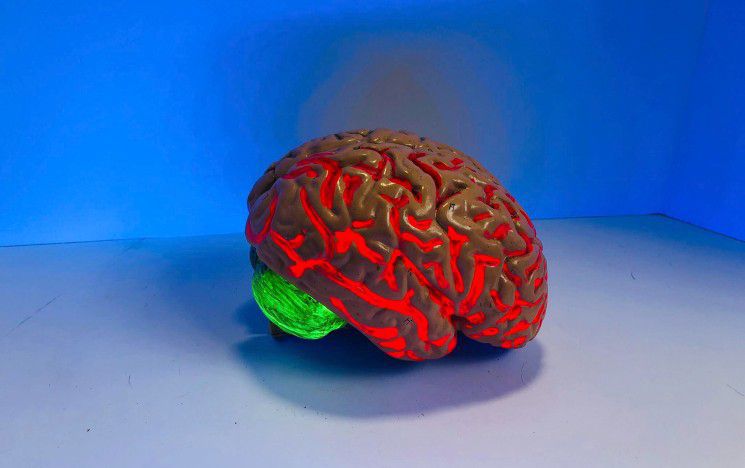
Mechanisms underlying motivated behaviour
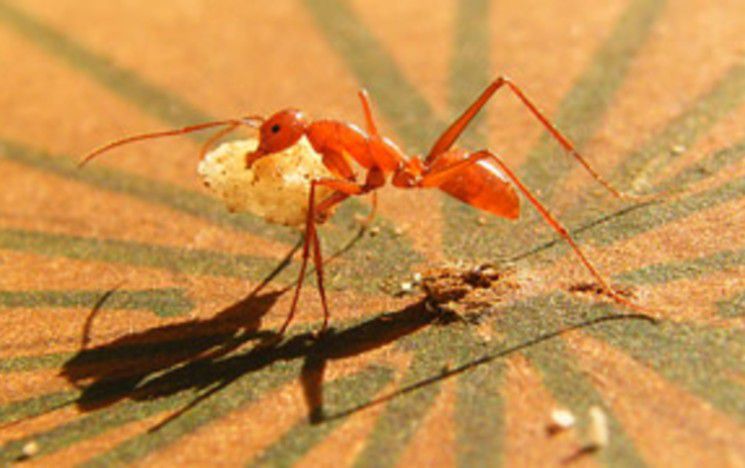
Insect navigation
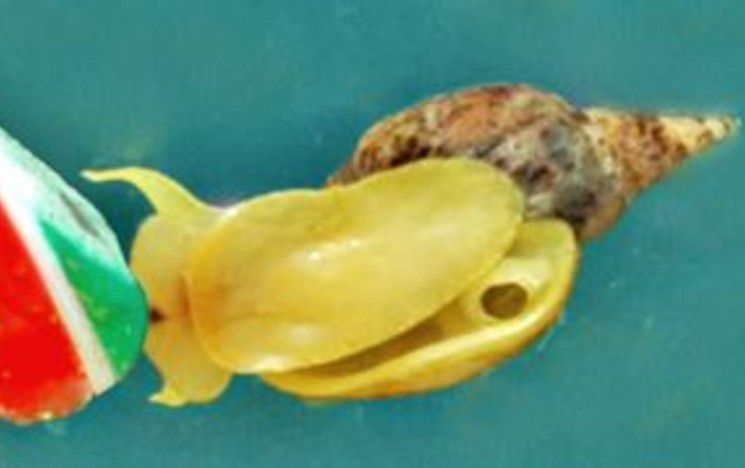
Memory function and dysfunction

Memory formation
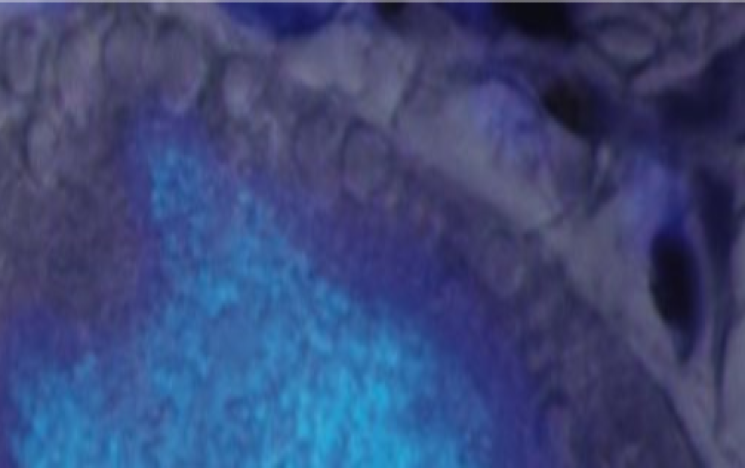
Antisense transcription and Nitric Oxide signalling in the brain
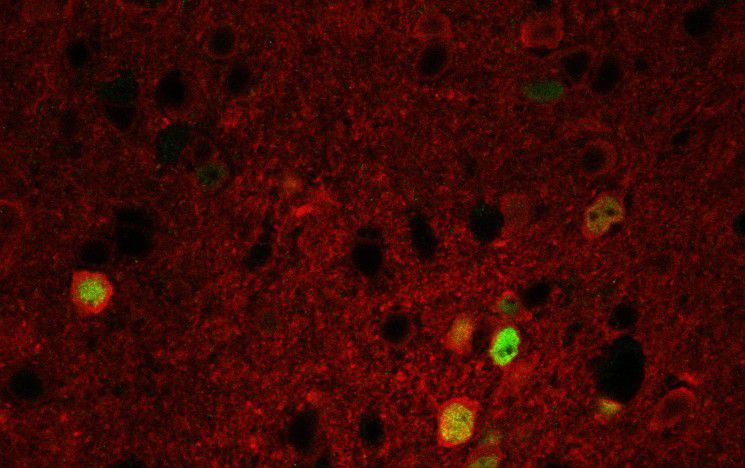
Neuronal ensembles involved in learned behaviours
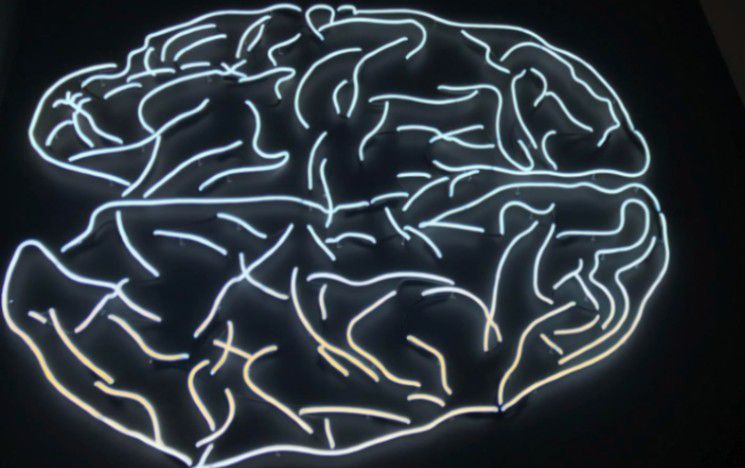
Molecular mechanisms of associative memory and psychiatric disorder
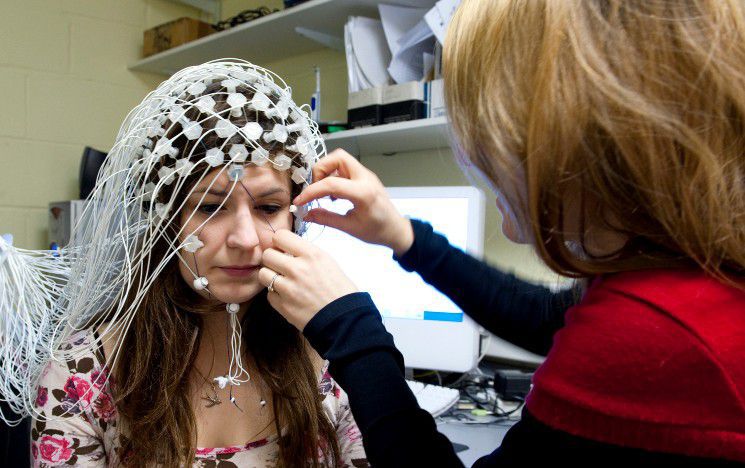
Human memory and ageing
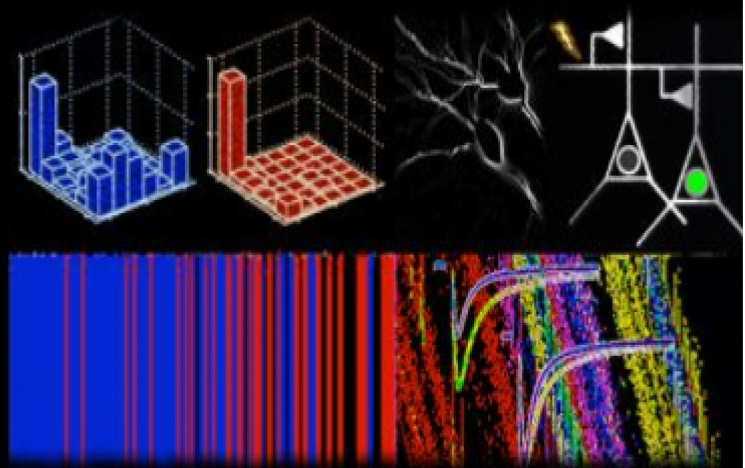
Glutamate receptor ion channels and synapse dysfunction
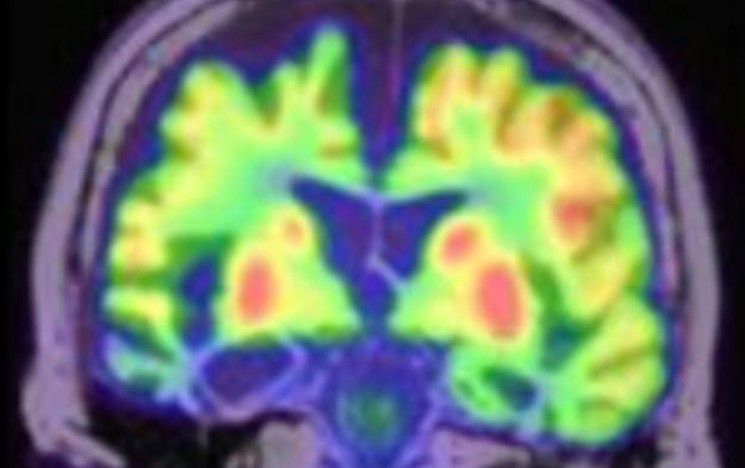
Learning and memory; visual perception

Addiction, impulsivity, learning and memory
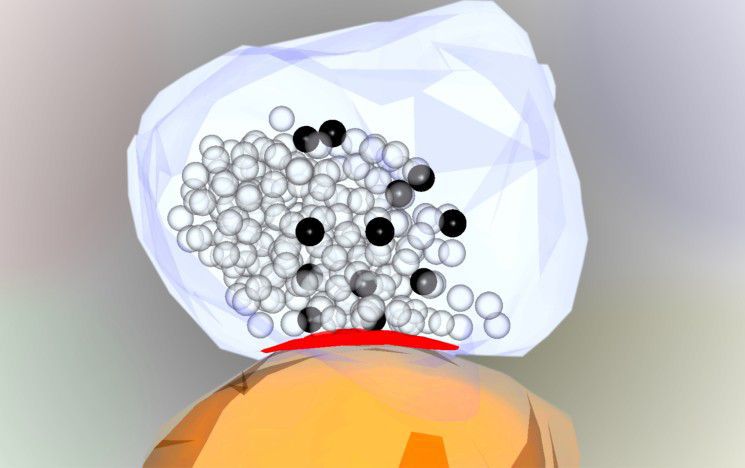
Synapses: function and dysfunction in learning and disease
Reader in Psychology
“I am interested in how the brain associates different stimuli and how it stores and retrieves these associations. In addiction, this type of learning is particularly long-lasting and powerful.
At the National Institute on Drug Abuse (Baltimore, USA) I used a behavioural model where cocaine was associated with a particular environment, and knocked out only those neurons that were active. A tiny minority of the neurons in the brain’s reward system were found to control the association – a “neuronal ensemble” that selectively encodes a memory.
In 2012 I started my own research group, choosing Sussex for the diversity of behavioural, molecular, and neurophysiological researchers here.
I currently study the mechanisms behind appetitive memories: what is so unique about the synaptic physiology of neurons activated by food- associated stimuli?
Unravelling the synaptic basis of associative memory might also lead us towards a better understanding of memory impairment during ageing.”